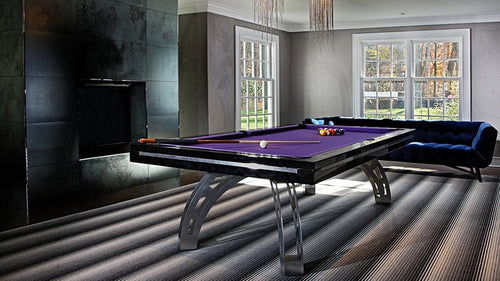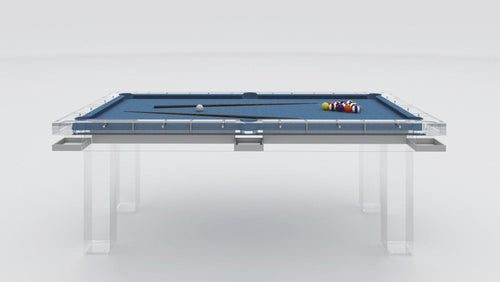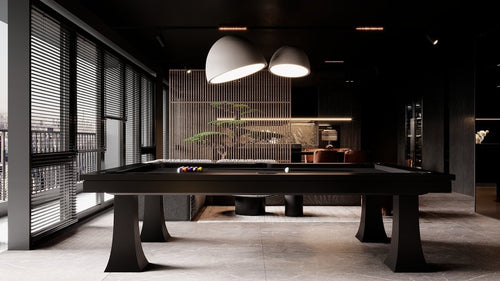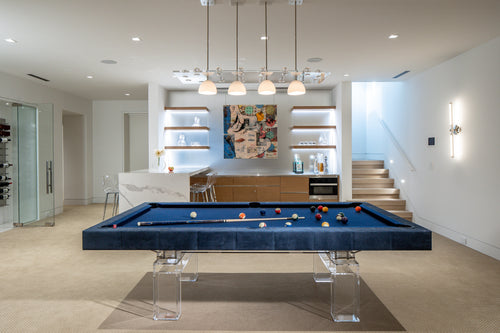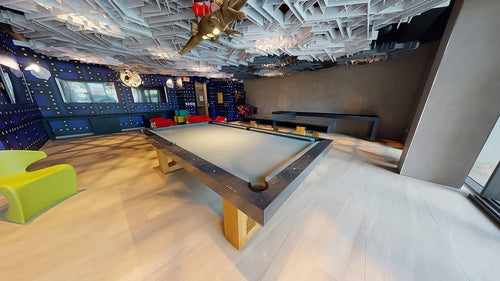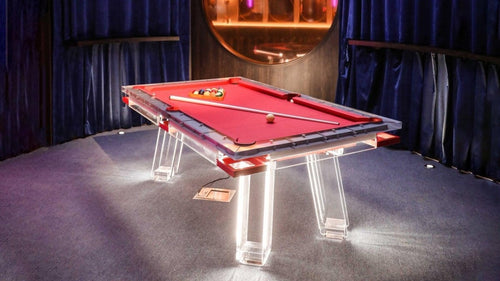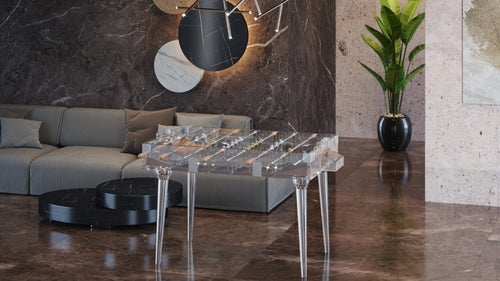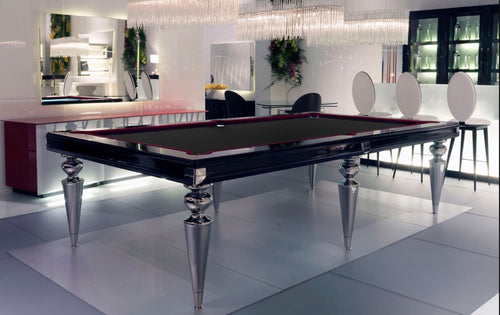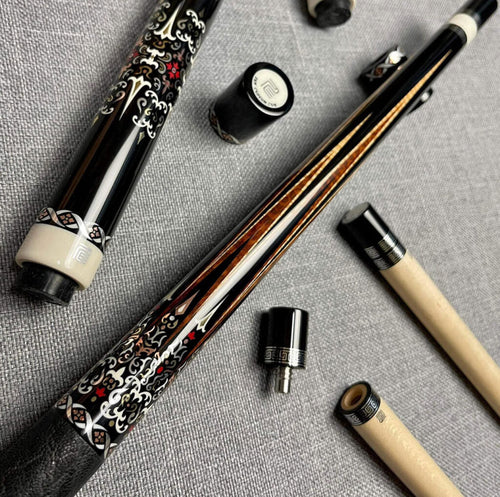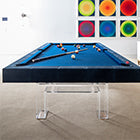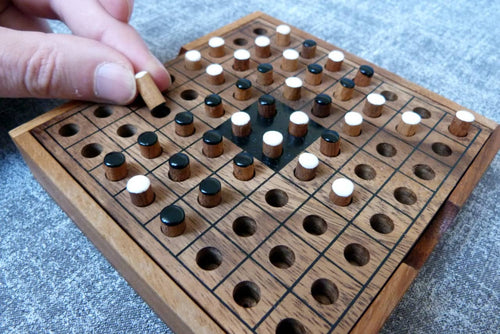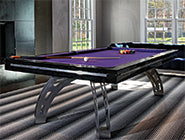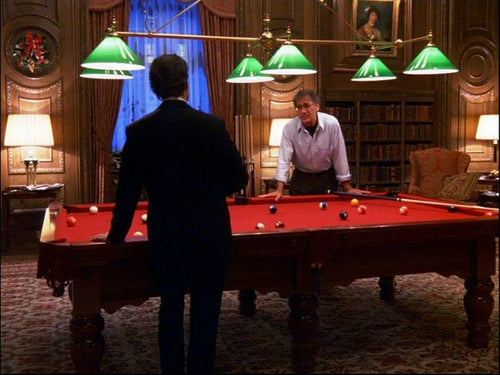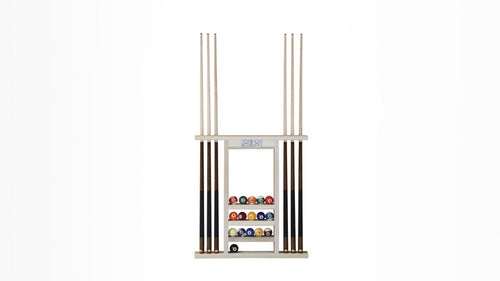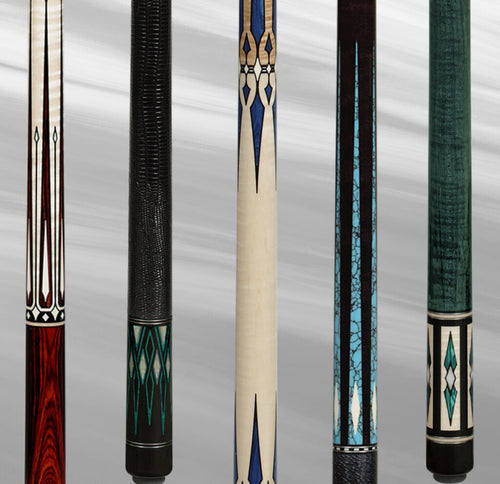Enjoy our modern designs
Design Disruptors |
Modernism gave us pristine glass rectangles; James Wines gave them potholes, cracks, and vines.
From SITE to “De‑Architecture”
- James Wines (b. 1932) grew up drawing both buildings and landscapes, a duality that drives his work.
- Founded SITE Projects in 1970, blurring sculpture, architecture, and environmental art.
- Coined the term “De‑Architecture” in his 1987 manifesto, arguing that buildings should expose hidden narratives by literally breaking apart familiar forms.
What De‑Architecture Means
“Take any built ‘text,’ crack it open, and let the pieces speak.” – Wines, De‑architecture
- Fragmentation – Façades appear peeled, toppled, or eroded.
- Irony & Commentary – Each rupture critiques consumer culture, suburban sprawl, or architectural complacency.
- Visual Surprise – Buildings operate as public sculptures, forcing a double take from passing drivers.
Best Products Stores: Retail as Ruin
Between 1972‑1984, SITE designed nine showrooms for appliance chain Best Products:
| Nickname | Location | Gimmick |
|---|---|---|
| Tilt Building | Houston, TX | Corner slab leans outward as if slipping. |
| Notch Building | Sacramento, CA | Façade sliced open, revealing forest mural. |
| Peel Building | Richmond, VA | Brick skin curls off like torn wrapping paper. |
These stores were equal parts billboard, sculpture, and satire—shopping as theater.
Highway 86, Expo 86: Rolling Concrete Commentary
For the 1986 Vancouver World Expo, Wines poured an undulating concrete ribbon studded with car sculptures—an instant metaphor for North America’s love‑hate relationship with the automobile.
Prelude to Deconstructivism
Wines’s cracked boxes pre‑date MoMA’s 1988 “Deconstructivist Architecture” show but share DNA with Gehry’s chain‑link experiments and Libeskind’s jagged museums. Where high‑tech deconstructivists chase abstraction, Wines grounds his fractures in pop culture and environmental critique.
Takeaways for Designers Today
- Narrative Matters – A façade can tell a story, not just cover HVAC.
- Humor Persuades – A visual pun reaches wider audiences than a dense theory essay.
- Context Counts – Wines’s breaks highlight strip‑mall monotony; copy‑pasting them without purpose is just style‑swiping.


